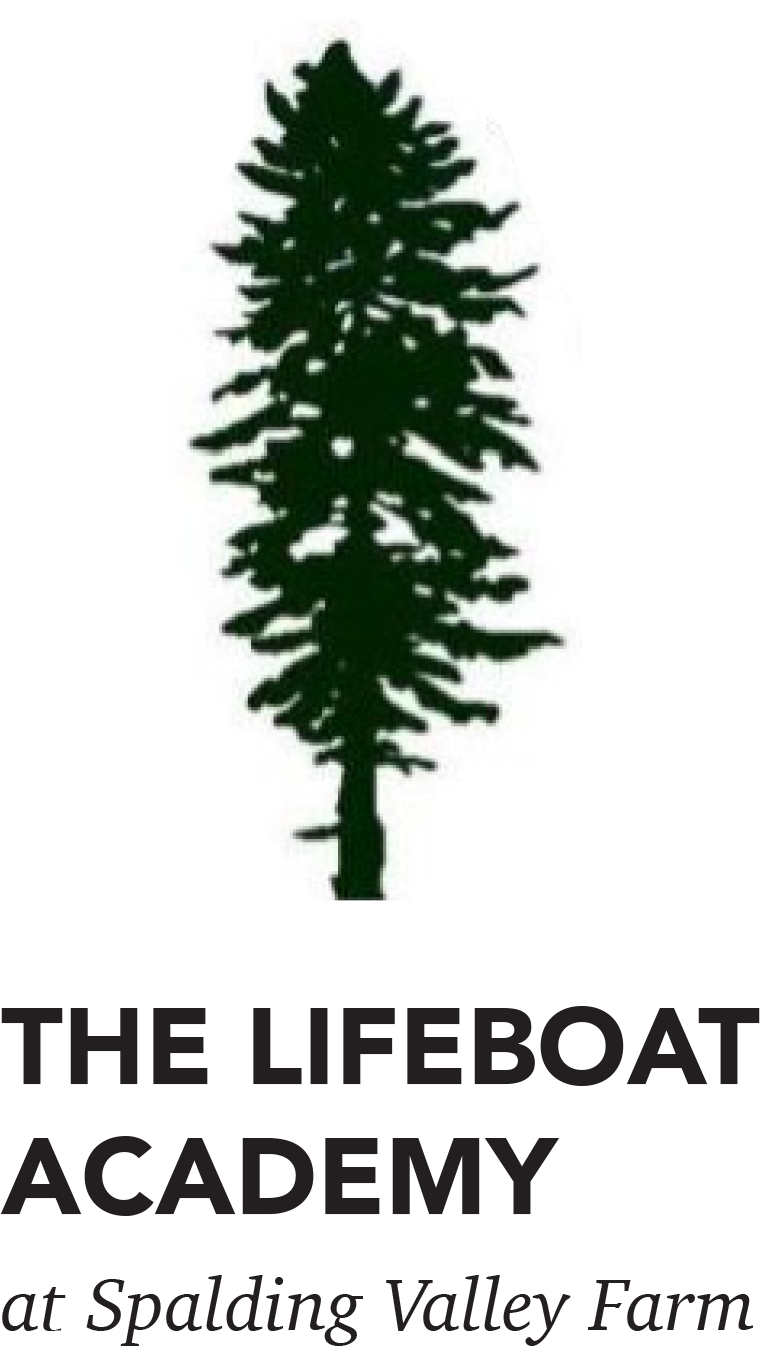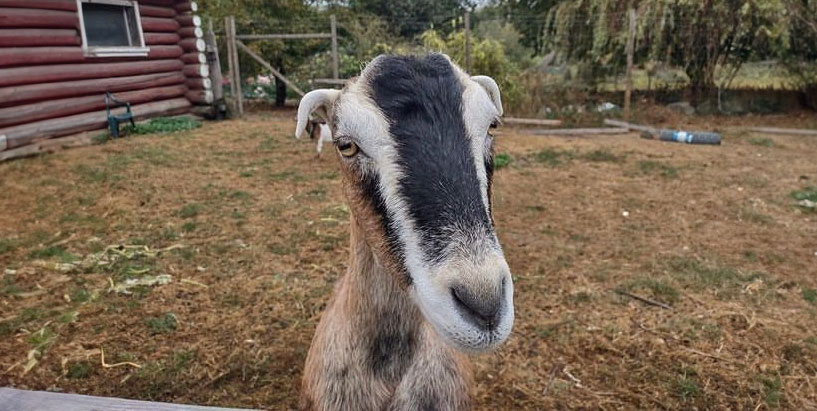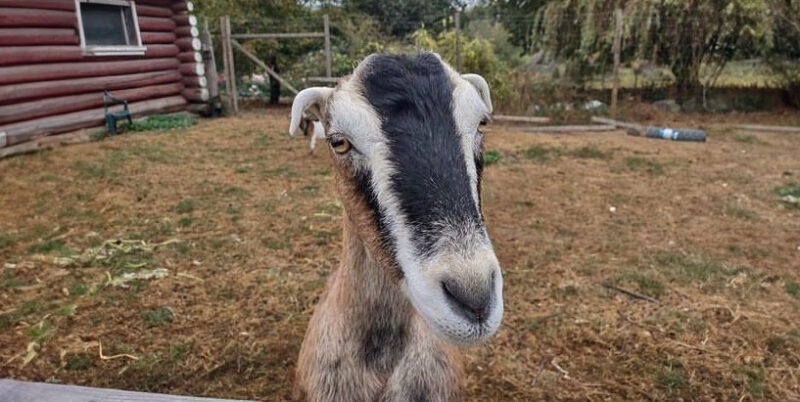Transition Economics
Our current economic system is part of the problem, so the Lifeboat Academy is creating a modern legal alternative to give life to commons based on Fair Share principles and Elinor Ostrom’s rules for the commons. It is a social enterprise that “earns its keep” while at the same time caring for the land and those who depend on it.
The project models financial resilience by incorporating lean methodology and multiple income streams including farmstays, food production, value-added food services, online learners, and special events and workshops. Profits are re-invested in farm / community infrastructure.
Our commitment to creating social benefits is built into our Rules of Association and our status as a community services cooperative.
Stakeholders
As a multi-stakeholder cooperative, we are structured to balance the needs and contributions of diverse groups of partners, all needed to make the project work.
Currently, there are people who want to care for the land and are willing to take on responsibility for their fair share of the work. Unfortunately, many don’t have access to the land. And there are others who have legal / financial access to more than a single fairshare and want the land to be cared for but are not in a position to care for it themselves. Our goal is to bring them together in a fair and equitable way that recognizes and rewards different kinds of contributions.
Share Structure
Our innovative share structure does this by recognizing these different “stakes” in the game by creating twinned share types. Class A shares represent the legal and financial stake in the game while Class B represents the “boots on the ground” stake. We tie this to the idea of the fair share footprint and a belief that care of the land is a responsibility of “ownership.” In other words, you could think of Class A and Class B shares as one half of a whole “Footprint Share.” And it allows us to recognize the different needs and concerns of each stakeholder.
Fairshare Sponsors (Class A Shares)
Fairshare Sponsors see value in the social benefits and potential of the project and are willing to partner with those with capacity to make the work happen by providing access to land to those who may not otherwise have it.
They purchase Class A shares – one or many – and may choose to make access available to a people based on special characteristics or interests (e.g. permanent caretakers, youth, LGBTQ+, students, BIPOC, etc).
They have the confidence knowing that their investment is backed by the real estate and assets of the association so if the coop is dissolved, they will be made whole and they have representation on the Stewardship Council and can participate in any activities of the Association.
Farmer-Caretakers (Class B Shares)
Farmer-caretakers are similar to the “employee” stakeholders in other coops. Farmer-caretakers purchase Class B shares which provide shared access to the resources of the coop (the Commons) proportional to the number of shares they own. Access comes with an equal obligation of care and proportional access to the fruits of the collective labour of the Commons.
Class B Shares transfer permanent access (so long as the coop is solvent) and can be sold or traded. Similarly, farmer-caretakers can increase equity by purchasing Class A shares. Our expectation is that many farmer-caretakers will want to own 100 Class A and 100 Class B shares, or their own “whole” fairshare footprint.
Timeshare Croppers (Combined A and B Shares)
Timeshare croppers are like part-time farmer-caretakers. They hold equal numbers of Class A and Class B shares, and the number of shares translates directly into the right to occupy and work in and on the commons with a proportional share of the fruits of our collective labour. {what about people who are full time caretakers and also own some class A shares? They’re not “timeshare croppers” but they also combine A and B shares}
It’s the perfect solution for those currently tied to urban lives who dream of having a deeper connection with land, food sovereignty and a community of people who care. For timeshare-croppers, Spalding Valley Farm operates like a time-share in a homestead.
Guests and Community Partners (Class C Shares)
Our community partners keep us buoyant, honest and connected to place. We encourage our neighbours to own a piece of the commons. Class C community shares are full members of the association, able to participate in our governance, sit on the Stewardship Council, and engage in all of our farm activities at reduced rates.
The Nitty-Gritty
We issue 100 Class A and 100 Class B shares for each fair share footprint of Commons property. The Spalding Valley Farm represents 16 fair share footprints, so that equals 1,600 Class A shares and 1,600 Class B shares. Class A shares value is set by taking the total starting budget divided by 1,600, which is estimated to be about $1,600 per share and Class B shares are valued at 5% of Class A shares, or about $80 per share. In addition, an unlimited number of Class C community shares can be issued at 1% of the Class A value.
- Shares can be held by individuals or organizations.
- Class A shares are backed by the assets of the Association, including the real estate value of the property.
- Shares can be sold or traded.
Support the Lifeboat Academy
We are committed to transition economics and attempt to avoid capitalist market entanglements as much as possible, preferring self-reliance, barter, and mutual aid networks. As part of this commitment, all our work is freely offered, and we ask that folks consider paying it forward – that if you feel you’ve benefited benefit from our lifeboat building support, and you have the means, you donate an amount that feels appropriate to our Pay-It-Forward Fund. This helps us pay our bills and continue to offer support and resources.
Thanks for your reciprocity!


